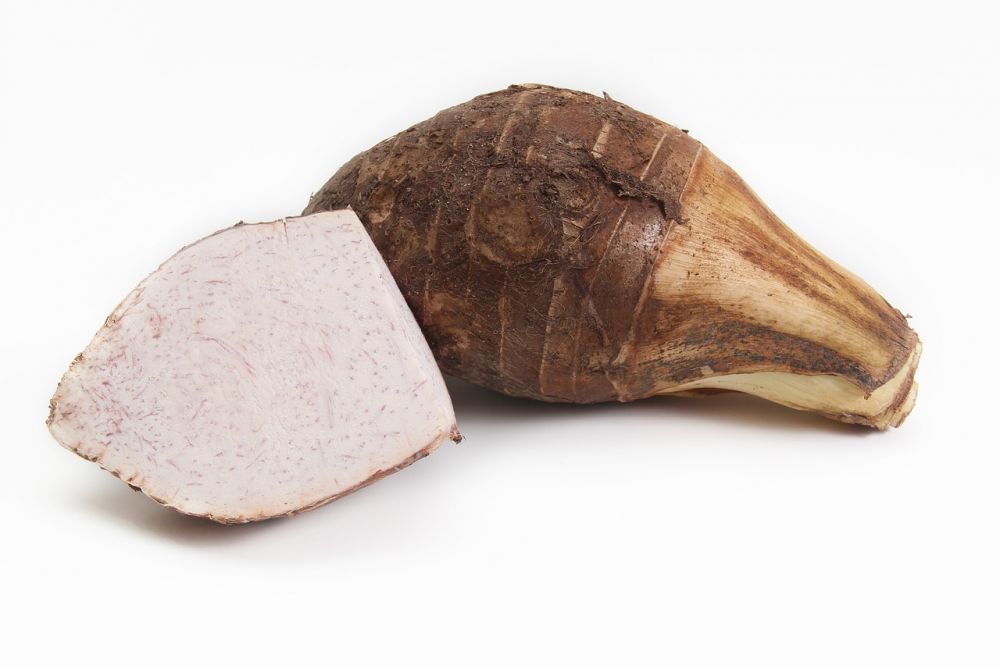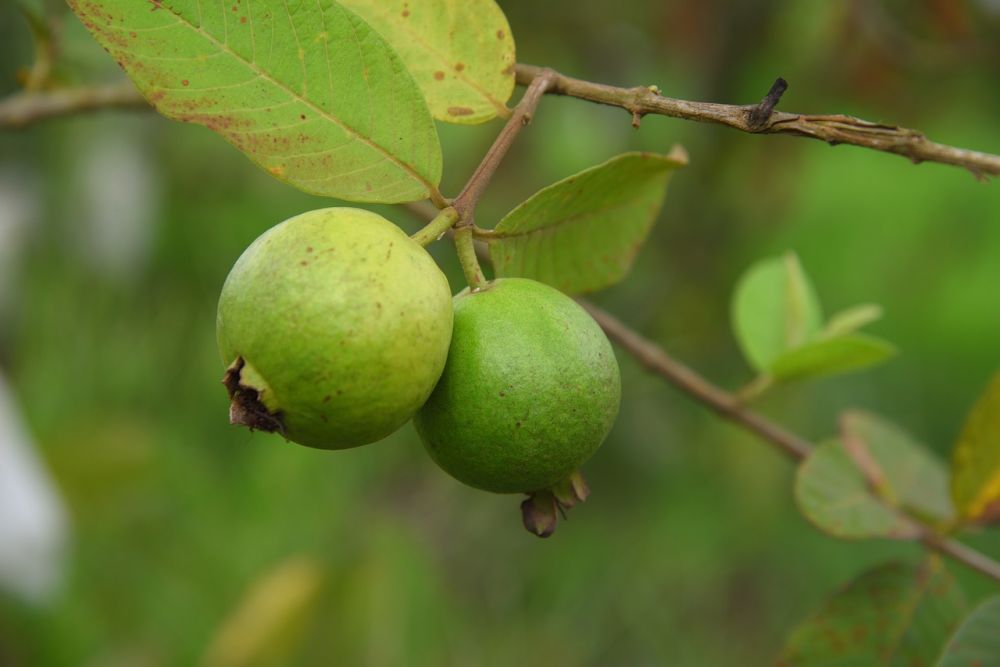Broccoli Protein: A Comprehensive Guide for Health Enthusiasts

Introduction:
Broccoli protein is an often-overlooked but highly nutritious plant-based protein source. Packed with essential amino acids, vitamins, and minerals, it offers numerous health benefits for individuals looking to maintain a balanced diet, build muscles, or satisfy their dietary needs. In this article, we will delve into the world of broccoli protein, exploring its origins, nutritional composition, and how it has evolved over time.
I. The Rise of Broccoli Protein:

Broccoli protein has gained significant popularity in recent years due to its versatile nature and remarkable nutritional value. As more people turn to plant-based diets, the demand for alternative protein sources has increased, and broccoli protein has emerged as a promising option. Its emergence in the health and fitness industry can be attributed to its unique composition and functional properties.
A. Nutritional Composition:
Broccoli protein is rich in essential amino acids, such as leucine, isoleucine, and valine, which play a crucial role in muscle development and repair. It is also a great source of dietary fiber, promoting digestive health and aiding in weight management. Additionally, it contains an array of vitamins, including vitamin C, A, and K, along with minerals like potassium and iron.
B. Functional Properties:
One of the key reasons for the popularity of broccoli protein is its functional properties. It has excellent water-holding capacity, making it suitable for use in various food products, such as plant-based burgers, protein bars, and dairy alternatives. Its emulsifying properties also contribute to its versatility as an ingredient in food manufacturing.
II. The Evolution of Broccoli Protein:
Broccoli has been cultivated for thousands of years, but its potential as a protein source has only started to gain attention recently. Here, we will explore the historical development of broccoli protein and how it has been utilized throughout different cultures.
A. Ancient Origins:
Broccoli originated in the Mediterranean region and has a rich history dating back to ancient times. It was cultivated in ancient Rome and was highly regarded for its medicinal properties. However, the focus on broccoli as a protein source emerged much later.
B. Scientific Discoveries:
In the mid-20th century, scientists began to uncover the nutritional value of broccoli, leading to its increased consumption. With advancements in food science, researchers started isolating proteins from various plant sources, including broccoli, to explore their potential as alternatives to animal-based proteins.
C. Modern Applications:
In recent years, the use of broccoli protein has expanded beyond traditional culinary practices. Its incorporation in plant-based protein supplements, shakes, and powders has been well-received by health enthusiasts and athletes alike. Broccoli protein has also found its way into the cosmetic industry due to its antioxidant and anti-inflammatory properties.
III. Benefits and Considerations:
Broccoli protein offers numerous benefits for individuals seeking an alternative protein source. However, there are certain factors to consider to optimize its utilization and achieve maximum health benefits.
A. Health Benefits:
1. Muscle Building and Repair: Broccoli protein’s high amino acid content makes it effective in stimulating muscle protein synthesis and aiding in muscle recovery after exercise.
2. Weight Management: Its fiber-rich composition promotes satiety and regulates appetite, potentially contributing to weight loss or maintenance.
3. Antioxidant Properties: Broccoli protein contains antioxidant compounds that help combat oxidative stress and reduce the risk of chronic diseases.
B. Considerations:
1. Allergies and Sensitivities: While broccoli protein is generally well-tolerated, individuals with cruciferous vegetable allergies should exercise caution.
2. Protein Quality: While broccoli protein provides essential amino acids, it may not have as high a concentration as animal-based proteins.
IV. Conclusion:
Broccoli protein has emerged as a promising plant-based protein source, offering a wealth of nutritional benefits. Its rise in popularity can be attributed to its versatile nature and remarkable nutritional composition. As more individuals embrace plant-based diets, broccoli protein’s applications in food manufacturing and sports nutrition continue to expand. Incorporating this nutrient-rich ingredient into your diet can have positive effects on your overall health and well-being.
Remember, broccoli protein can be a valuable addition to your diet, but it’s essential to maintain a balanced and varied eating plan. Consult with a healthcare professional or registered dietitian before making any significant dietary changes. Stay informed and enjoy the benefits of this incredible plant-based protein source.





